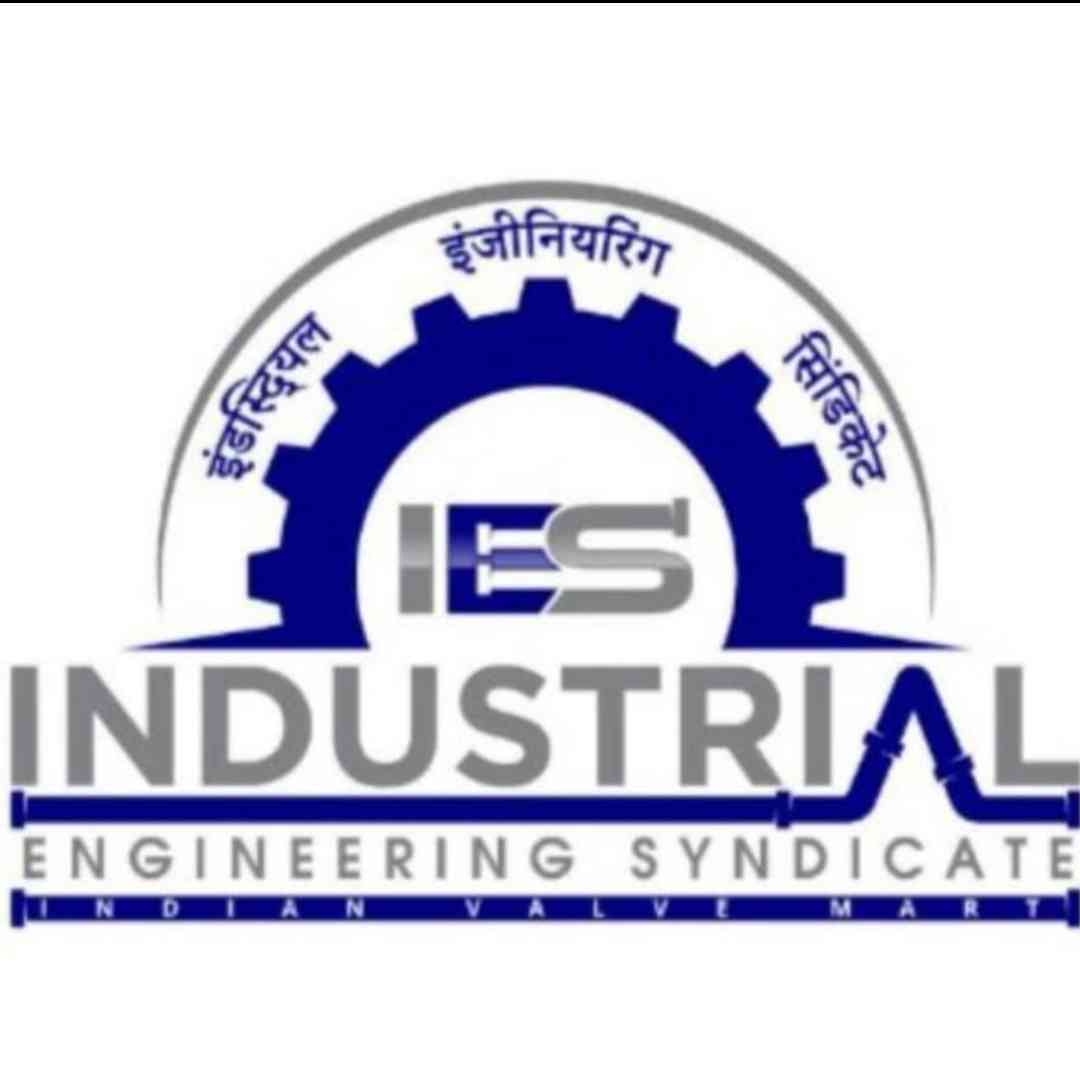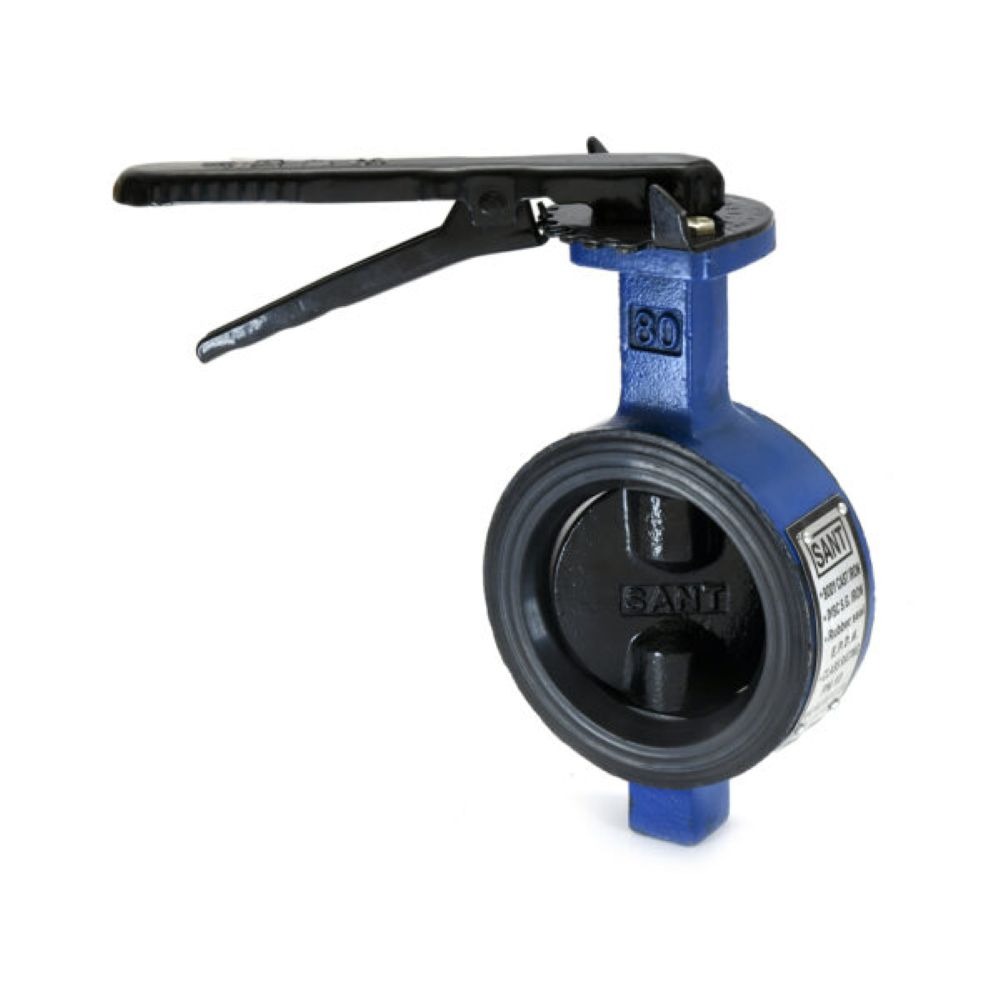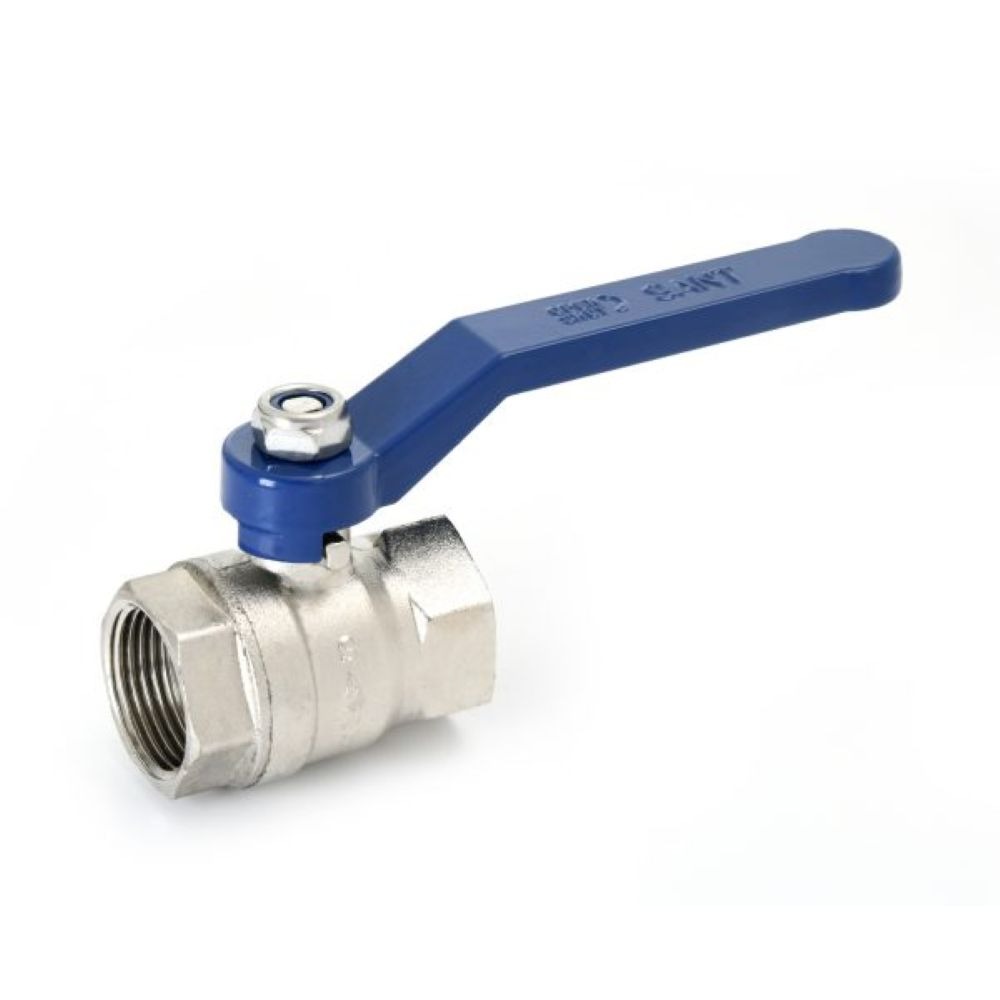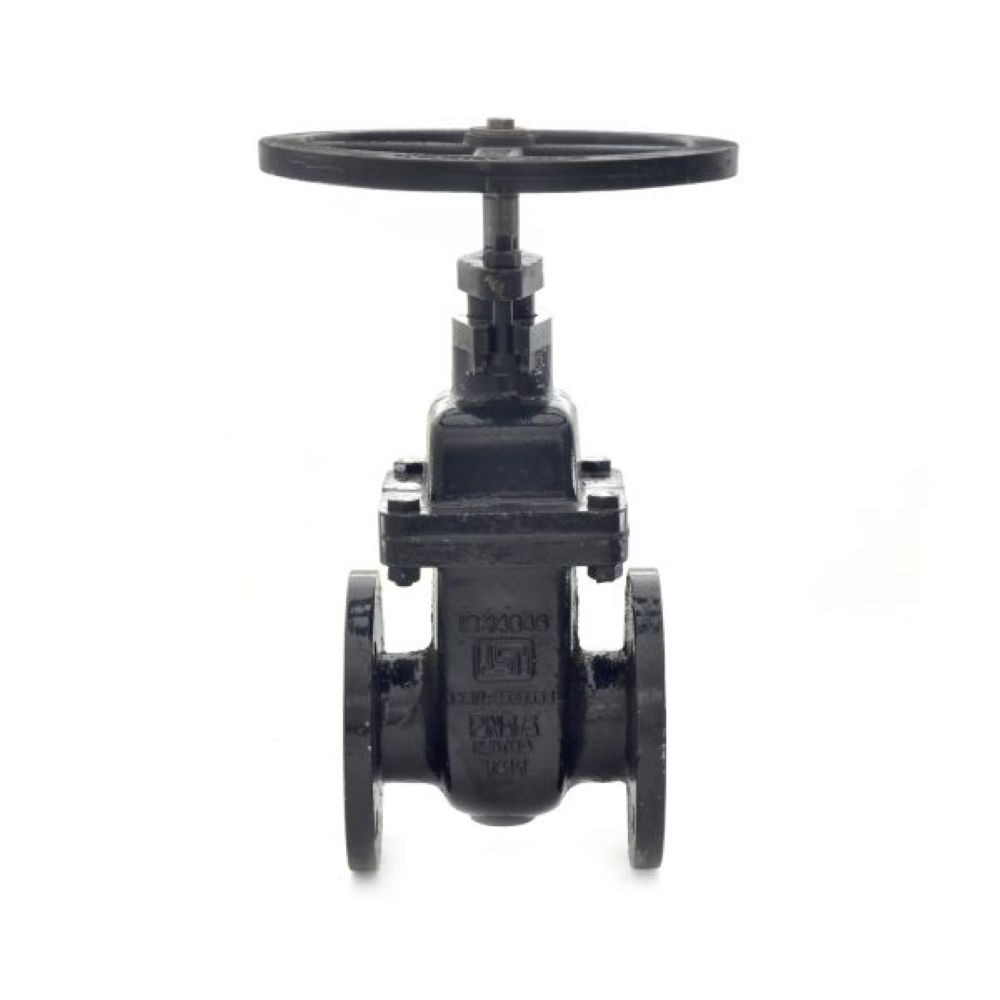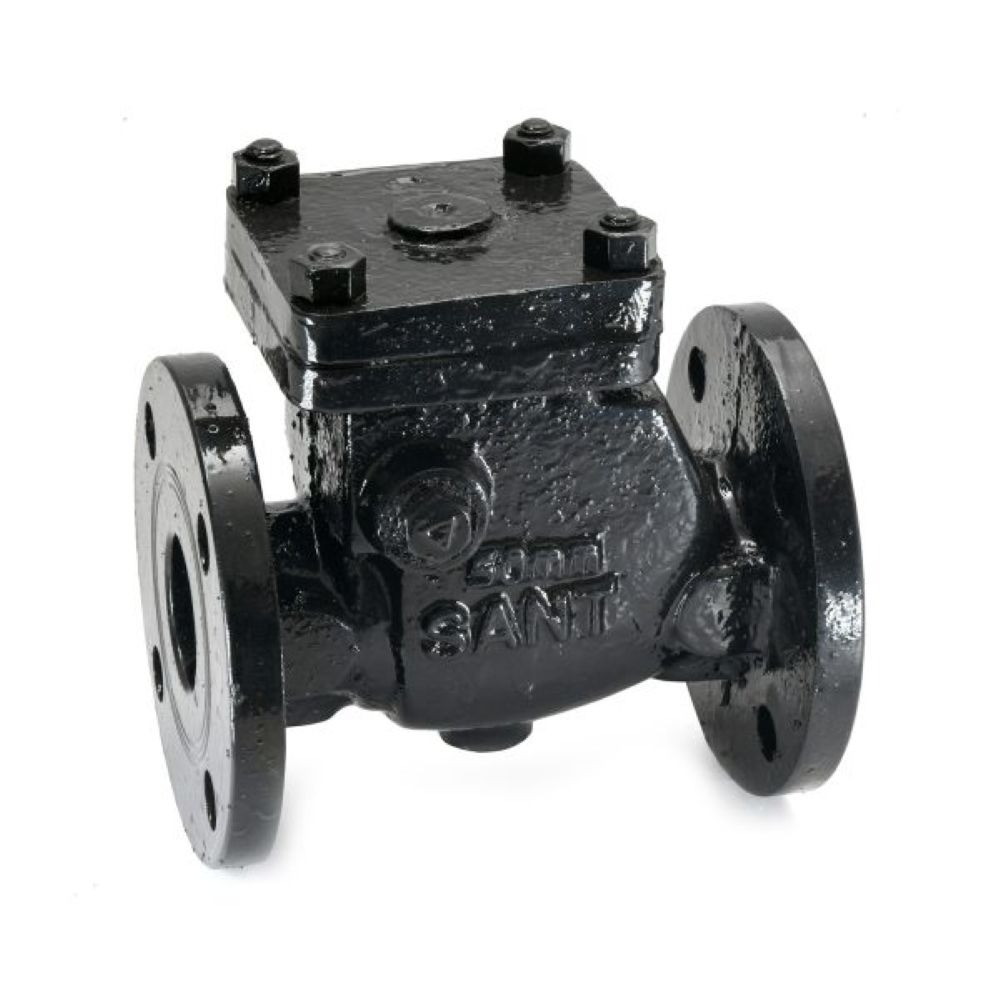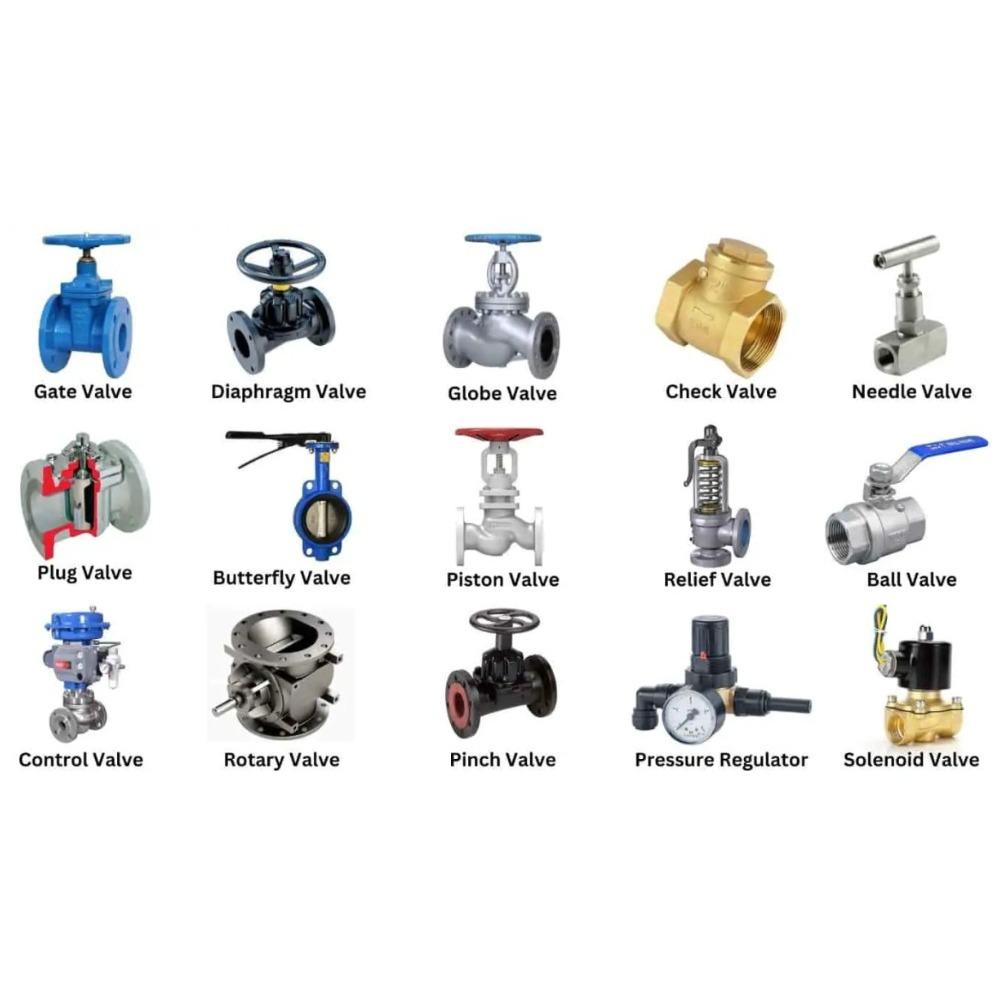
Piston Valve Dealer
Piston valves are a critical component in various engineering and industrial applications, designed to control the flow of fluids or gases within a system. These valves operate using a piston mechanism to open or close the flow path, offering distinct advantages in precision and reliability compared to other types of valves.
Functionality and Design
At its core, a piston valve consists of a cylindrical chamber in which a piston moves up and down. The piston is typically attached to a rod, which is operated manually or automatically. When the piston moves, it either opens or closes the flow path through the valve. The movement is usually guided by a series of seals or packing to ensure a tight closure and prevent leakage.
The design of piston valves allows for a linear motion, making them well-suited for applications where precise control of flow is required. Unlike rotary valves, which use a rotating disk or ball to regulate flow, piston valves utilize a straightforward linear motion, which can translate into higher accuracy and reliability in controlling fluid movement.
Applications
Piston valves are used in a variety of industries due to their robustness and versatility. In the chemical industry, they are employed to control the flow of corrosive or hazardous substances. Their ability to provide a tight seal makes them ideal for handling such materials safely. In the pharmaceutical industry, piston valves are used in processes where high purity and precise flow control are critical.
In water treatment facilities, piston valves manage the flow of water and chemicals, ensuring that treatment processes are carried out efficiently. The automotive industry also benefits from piston valves, where they are used in various applications, including engine cooling systems and fuel injection systems.
Advantages
Precision Control: The linear motion of the piston provides precise control over the flow rate. This is particularly beneficial in applications where exact measurements and adjustments are necessary.
Leakage Prevention: The piston valve design includes multiple sealing surfaces, which reduce the risk of leakage. This feature is crucial in applications dealing with pressurized or corrosive fluids.
Durability: Piston valves are built to withstand harsh conditions, including high pressures and temperatures. This durability makes them suitable for heavy-duty applications.
Maintenance: Maintenance for piston valves is relatively straightforward. The piston and seals can be inspected and replaced with minimal disruption to the system.
Challenges and Considerations
Despite their advantages, piston valves also have some limitations. One challenge is the potential for wear and tear on the seals and piston over time, which can lead to decreased performance or leaks. Regular maintenance is required to ensure the longevity and effectiveness of the valve.
Another consideration is the space requirement. Piston valves can be larger than other types of valves, such as ball valves, which may pose installation challenges in confined spaces.
Conclusion
Piston valves are integral to numerous industrial processes due to their precise control and reliability. Their ability to manage the flow of fluids and gases with accuracy and durability makes them a valuable component in many systems. While they require regular maintenance to address wear and tear, their advantages often outweigh the challenges, especially in applications demanding high performance and safety. As technology advances, the design and functionality of piston valves continue to evolve, further enhancing their role in modern engineering and industrial applications
Keywords
flow rate
flow path
tight seal
ball valves
high purity
other types
many systems
Piston valves
rotary valves
One challenge
rotating disk
tight closure
fluid movement
high pressures
higher accuracy
confined spaces
precise control
corrosive fluids
high performance
piston mechanism
harsh conditions
Precision Control
space requirement
chemical industry
Leakage Prevention
critical component
modern engineering
minimal disruption
exact measurements
distinct advantages
Regular maintenance
technology advances
automotive industry
cylindrical chamber
various engineering
treatment processes
piston valve design
Piston Valve Dealer
various applications
hazardous substances
precise flow control
fuel injection systems
engine cooling systems
installation challenges
heavy-duty applications
industrial applications
pharmaceutical industry
multiple sealing surfaces
water treatment facilities
numerous industrial processes
straightforward linear motion
